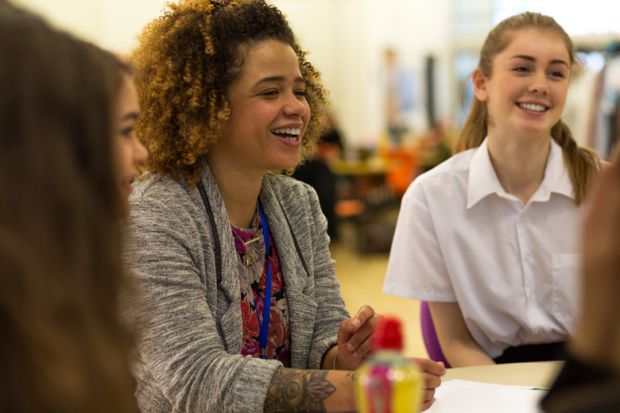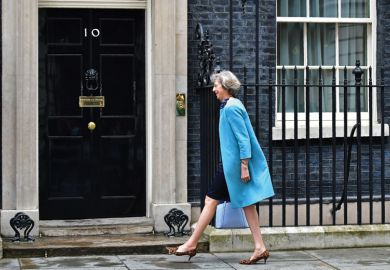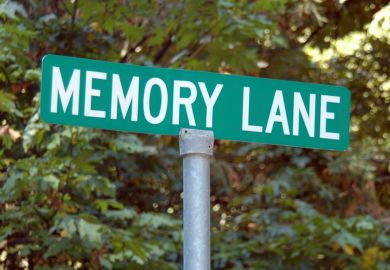Grammar schools, to quote the head of the National Association of Head Teachers, are the educational equivalent of homeopathy.
Despite an evidence vacuum, to true believers they are the lost escalators of social mobility. To most others, they operate instead as a trapdoor beneath the feet of 10- and 11-year-olds judged incapable at such a tender age.
So it was hardly a surprise that an earthquake occurred when the UK’s prime minister Theresa May announced their return to policy centre stage last week. It also meant that her rather less seismic suggestion that sponsoring a school could become a prerequisite for universities in England to charge tuition fees over £6,000 attracted far less attention.
I happened to be visiting an academy school sponsored by the University of Nottingham on the day of May’s speech. It was an impressive and clearly genuine collaboration, which seemed to be doing a good job of raising aspirations and achievements among a diverse group of students.
While some sponsored schools have run into early difficulties, it’s clear that this has the potential to be a powerful model, knitting the education system together. But it is also hard to see how a university whose involvement was motivated by government diktat and a desire to charge higher fees would deliver real value.
As with the teaching excellence framework, the intention is the right one, but the method – hanging every government priority for universities off the fee cap – is at odds with the ethos of education.
To return to the grammar school question, last week’s pronouncement seemed to be yet another case of anecdote-based policymaking in education – or at least policy built in large part on the shaky foundations of personal experience. It is no coincidence that May is herself the product of a grammar school.
As Russell Hobby of the NAHT put it in an article for TES, our sister publication covering the schools sector, “this is about nostalgia. In no other sector would this be acceptable.”
The perils of this approach have been noted before by Nick Hillman, director of the Higher Education Policy Institute. Writing in Times Higher Education, he said: “Past experience matters to me. It is a key reason why I care so much about the quality of university teaching today. But what lessons are there for public policy from my personal experience? None at all.”
But one of the brutal lessons of the Brexit referendum is that in politics, emotion and nostalgia can be just as powerful as facts.
So it’s worth quoting Lord Puttnam’s rather different reflections on his own 11-plus exam.
“I passed, so I got a cap and a blazer and, unlike almost all the other children at my primary school in North London, I went to a grammar school. I never saw my friends from primary school again. An extraordinary wall came down, with them on one side of it and me on the other, and I have never really fully recovered from that,” he told the House of Lords last week.
“I am convinced that the only selection component involved in my passing the exam was the fact that my mother took herself off to Foyles bookshop on Charing Cross Road and bought a batch of old exam papers, which I was then required to go through. I vividly remember sitting in the exam room that day and seeing the absolute horror on the faces of the kids around me as the exam papers were turned over. At least I was familiar with what I was about to do.”
POSTSCRIPT:
Print headline: Personal turned political
Register to continue
Why register?
- Registration is free and only takes a moment
- Once registered, you can read 3 articles a month
- Sign up for our newsletter
Subscribe
Or subscribe for unlimited access to:
- Unlimited access to news, views, insights & reviews
- Digital editions
- Digital access to THE’s university and college rankings analysis
Already registered or a current subscriber?



